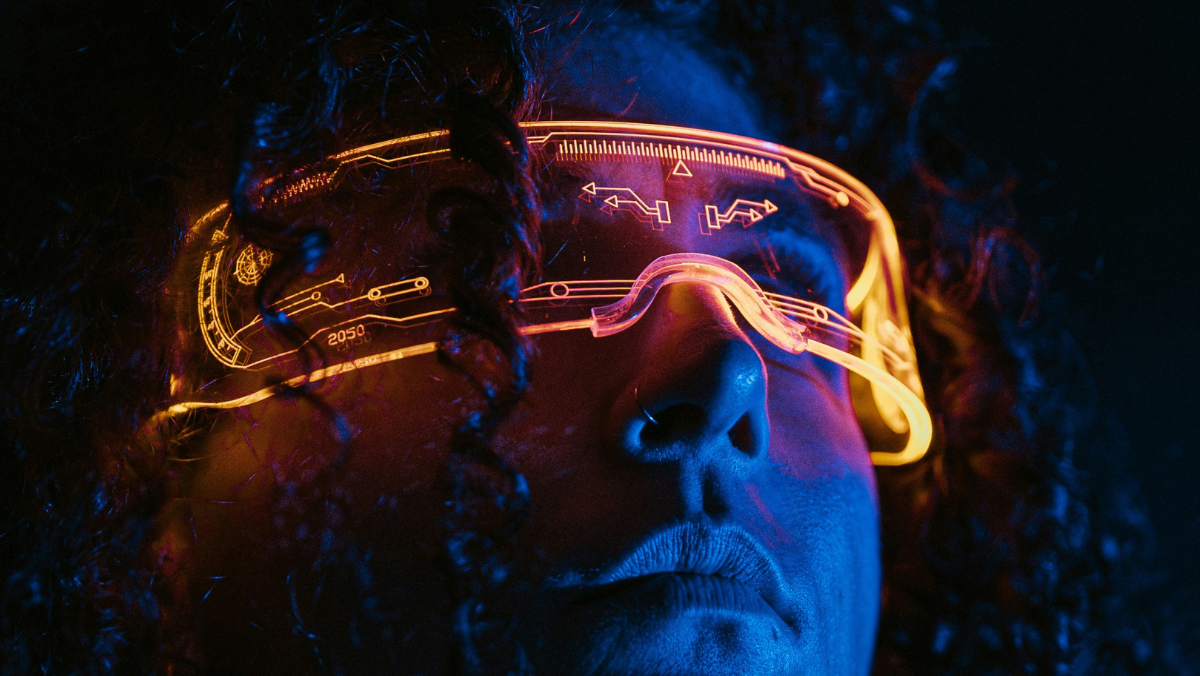
An abrupt new dawn or the quiet march of industrial evolution?
Unimate was the first industrial robot. The 4000-pound hydraulic arm was installed at General Motors in 1961 to transport and spot-weld die castings to car bodies, thus protecting human workers from the heat and fumes of a dangerous job. In the six decades since Unimate, the field has steadily become more sophisticated: developments in sensor technology and advanced programming have enabled robots to play a more dominant role in the whole manufacturing process, from design and assembly to painting and materials handling.
Fast forward to the last 10 years; we have seen the robotic development curve steepen with AI integration and advanced automation systems, which have transformed not only automotive manufacturing but logistics, waste management and packaging across all industries. It is highly likely that the piece of fruit you ate for lunch today was picked, graded, sorted and packed with the help of high precision optical engineering technologies – robots.
Collaborative robots known as ‘cobots’ have been equipped with ever more sophisticated sensors that allow robotic arms to work alongside humans safely and efficiently. The difference being that the ‘cobot’ can operate 24/7 without holidays or sick leave. The evolution of robotics has not happened overnight, yet in the last two years we have witnessed step changes in generative AI that have hit headlines in mainstream media, declaring that robots are ‘coming for our jobs’.
The topic of robots replacing humans was recently explored in the report The Painful Truth about AI & Robotics by RethinkX’s Adam Dorr. Dorr abruptly declares that robots and AI are indeed coming for all our jobs, and goes even further to state that we need to think in terms of years rather than decades to prepare society for this new dawn.
The question for Boards therefore goes beyond business productivity and delivering commercial outcomes by leveraging and investing in cutting edge technologies, as has previously been the mandate – Boards must focus on who is responsible for the ethical transition of labour, and the long-term impact of this transition upon our society. Dorr makes the argument that without honest and thoughtful decision-making among every leadership domain, the disruption could be catastrophic; today’s Boards are in a position to lean into decisions which will shape the future of humanity.
The rise of the machines is a sobering topic for Boards and further illuminates several ‘big ticket’ items that are already regularly on the agenda, such as cyber security, energy security, and future workforce planning. All fundamental issues.
Some of the world’s largest robotics and automation companies have made recent moves that are a further signal for what is around the corner. Rockwell Automation purchased the cyber security software company Verve Industrial Protection. The industrial automation giant ABB announced at their recent AGM that they are spinning out the robotics division, suggesting that they foresee significant growth and importance placed upon artificial intelligence and software capabilities.
Taking these factors into account, we are no longer experiencing the quiet march of industrial automation, but an abrupt and society-shaping moment that will impact all of us.
Boards should be actively considering both the opportunities and the threats held within this new dawn. Asking questions centred on what skills will need to be transitioned, how to protect automation processes from cyber security threats, and what role can central government play in enabling this transition, will be vital conversations around the board table.
To cushion this confronting new dawn, there is - according to Dorr - an opportunity for our leaders to shape a future which is liberating and where we exist in what he has labelled “the luxury of technology-driven superabundance”. To get there, we are relying on those leaders to confront the fundamental fact that the robots are, indeed, coming for our jobs.
